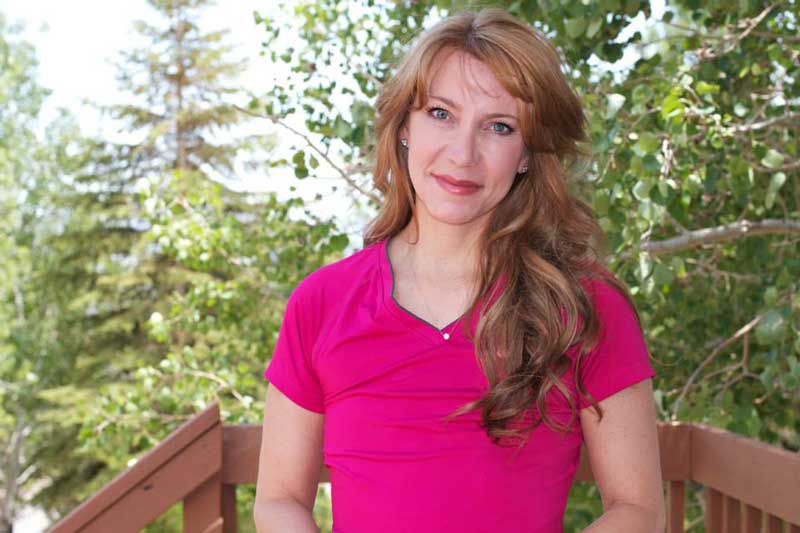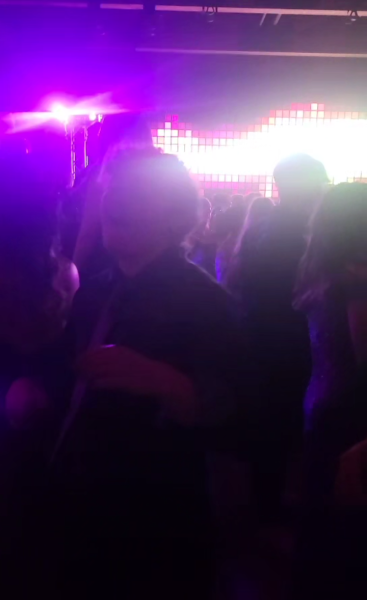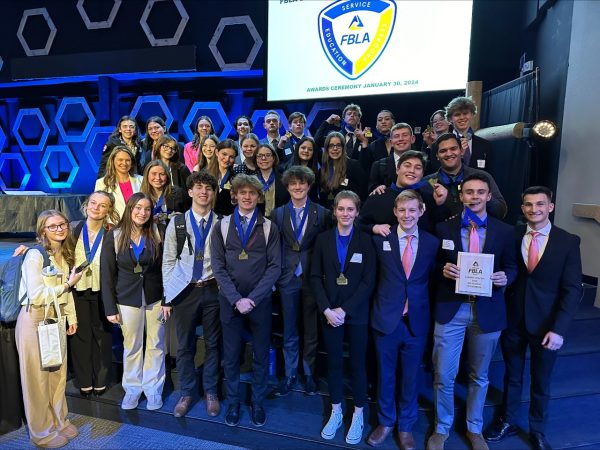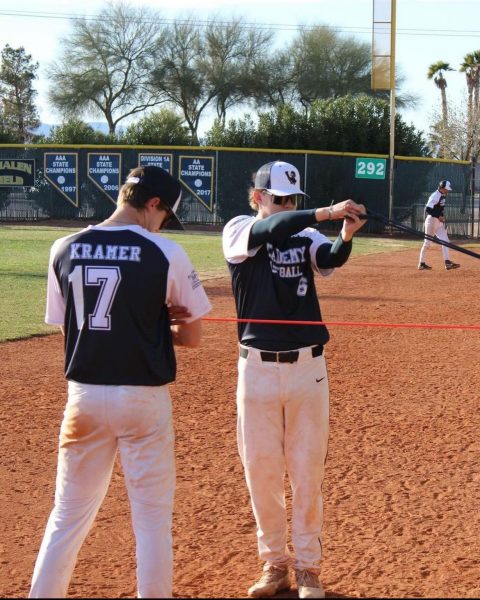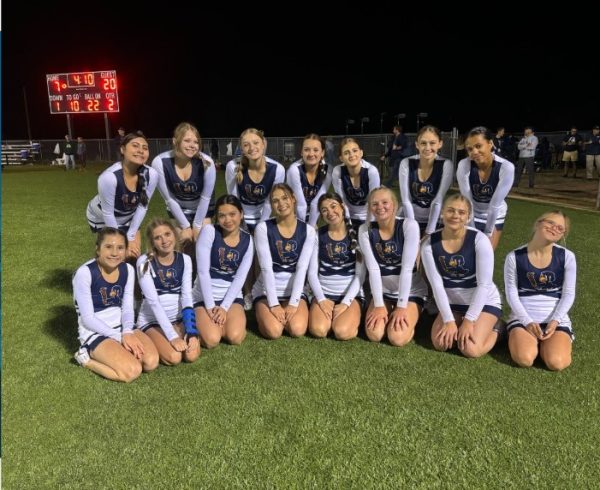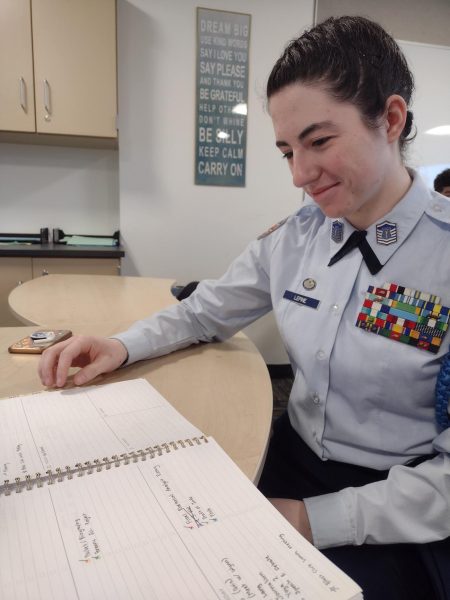Behind the Pink
Imagine a room full of 30 randomly-picked people; if asked how many of them know a family member or friend affected by breast cancer, I bet you would be surprised by how many raise their hand. As the second most common cancer in women[1], breast cancer is creeping up on our population and deserves to be recognized and understood for more than one month. This story not only highlights what breast cancer patients and survivors actually go through, but I also want to reach out to those who are having trouble dealing with the reality of this disease and give them hope.
Breast cancer is caused by cells in the breast tissue that grow and spread abnormally. There are two types of breast cancer: invasive, which is when the cells can spread to the bloodstream, lymph nodes, and organs, and non-invasive, which is when the cells stay at their origin, creating large masses or lumps called tumors. Before, and sometimes after surgeries, patients can be treated with different forms of chemotherapy and radiation. These treatments target and kill cancerous cells. However, some healthy cells are also killed, causing symptoms such as hair loss, appetite changes, nausea and vomiting, fatigue, easy bruising, memory loss, and concentration difficulties.[2] A lumpectomy is a surgery that only removes a portion of the breast tissue, specifically the lump and some tissue surrounding it, making a clear margin. A mastectomy is a surgery that removes all breast tissue, preventing the spread of any breast cancer cells through the body.
Women, if you had to choose between removing your breasts, a major part of what makes you feminine in society, or suffering through these physically and emotionally draining treatments, which would you choose? Over 220,000 women in the US are forced into this decision, [3] but, despite that, 40,000 end with fatalities. The women who have to disfigure themselves are faced with the daily reminder that they must look at their beauty beyond the surface. As inspiration, I interviewed breast cancer survivors who have agreed to share their stories.
DCC’s Athletic Director, Sharon Lauer, was diagnosed with breast cancer and pre-malignant pancreatic tumors, both caught by a yearly mammogram. During her multiple biopsies, daily radiation for 6 weeks, and two surgeries, Sharon made a choice to take a positive, forward, and strong approach to every aspect of her treatment. She bonded with her family as they supported each other through the experience. After one year of recovery, Sharon is the strongest she’s ever been; completing both the bike-leg of a triathlon and a half-marathon in the past four months helped her prove to herself that she could physically come back from the cancer. Sharon believes her life to be much more vibrant after she was saved from both deathly cancers. Her words to the readers are, “Don’t be shy about yearly mammograms, because they can make a difference in your life, and I think I am living proof of that.”
At age 46, Bonnie Hausekneckt, a member of AA’s Performing Arts Department, was also diagnosed with breast cancer; at the same time, her sister and brother were both diagnosed with brain tumors. After receiving this news, Bonnie sat in the shower and cried, not knowing how else to react. After that initial shock and writing a song to help express her feelings and fears, Bonnie was boosted with courage and faced breast cancer head-on. “I knew God was going to take me through it,” said Bonnie. Seeing surgery as less of an obstacle and more of a solution, she had a single lumpectomy and, when her margins weren’t cleared, a single mastectomy. She and her family desensitized the experience through humor, making it easier on everyone. Bonnie’s biggest advice to women suffering from breast cancer is: “Don’t let cancer rule your life. If you give it too much power, it takes on a life of its own.”
Every October, Air Academy High School devotes their attention to support breast cancer, however, after that month, it’s no longer acknowledged, as it should be. Most people may not even know what women with breast cancer actually go through, especially if they have no personal connections with a survivor. If Air Academy developed a fundraiser or people took an extra five minutes every month to donate to a national Breast Cancer Foundation to help research, then students would be more involved with this continuous disease and could make a difference. During Breast Cancer Awareness Month, we should organize assemblies that educate people about breast cancer, recognizing and supporting those we know who are diagnosed. We could organize a fundraiser that gives money to those who can’t afford treatment, surgeries, or breast reconstructions. Because breast cancer is ongoing, Air Academy should make it a project to somehow support the cause for longer than just one month.
My mother fought through cancer four times, two of which were breast cancer. She handled it, and still handles it, like a champion; she is my role model. Part of the reason why she handled it so well was because she had the support of my sister, Hannah Merrill, and myself at any and every moment. To the students with a loved one suffering from breast cancer, please, be there for them through the entire experience. It may be scary, but I can assure you, it is twice as scary for them. The key to making it easier for you and your family is to be optimistic through every scenario and be thankful for what you have.
Each and every one of us is capable of making a difference. The link below is just one of those ways:
http://www.abcf.org/ABCF-Donate.htm
[1] From the American Breast Cancer Foundation
[2] From the American Cancer Society
[3] From the National Breast Cancer Foundation



